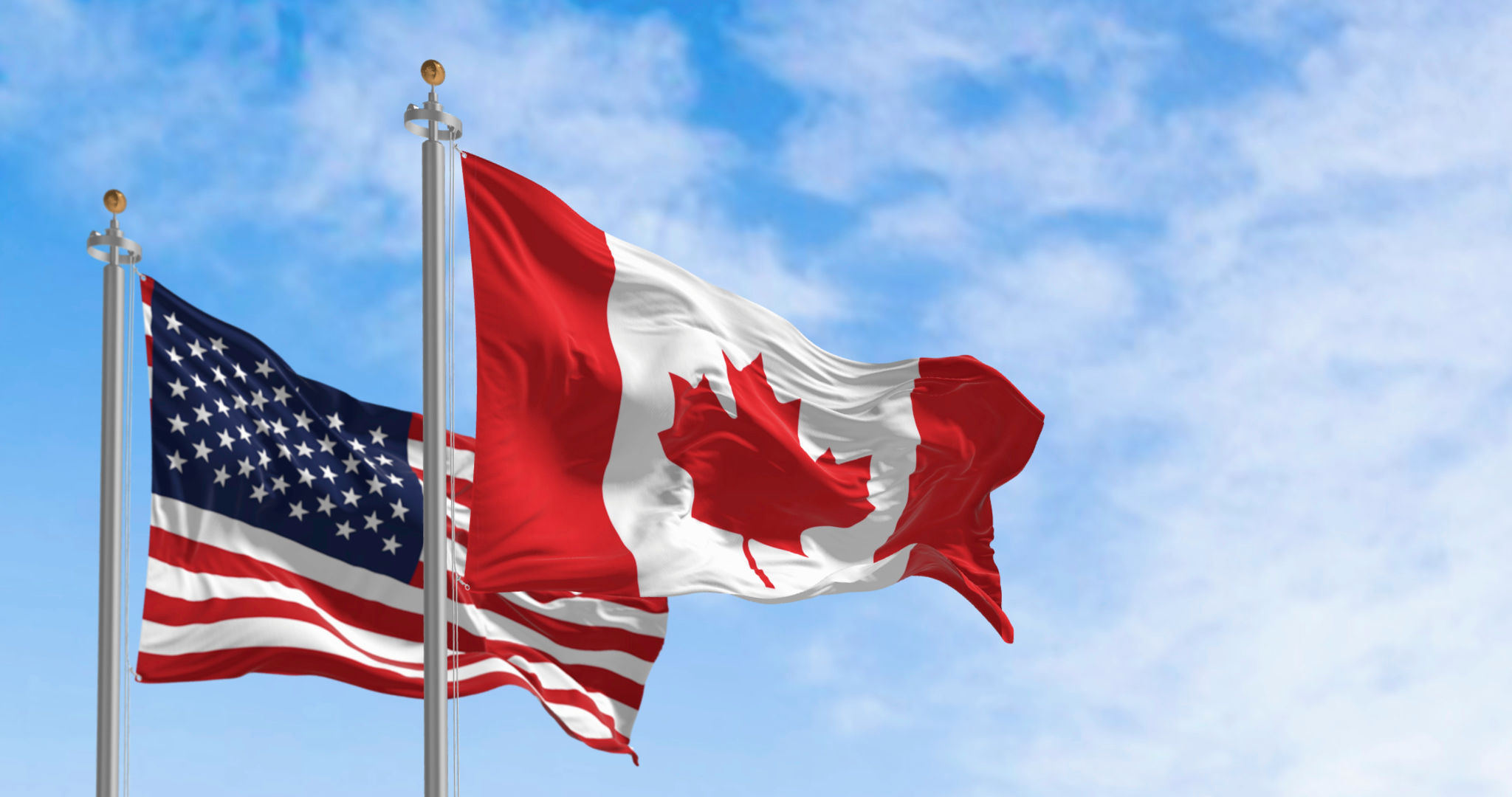Case Study: Successfully Importing Brazilian Cocoa to the U.S.
Introduction to Brazilian Cocoa Importation
Brazil is renowned for its rich, aromatic cocoa, which has increasingly become a sought-after commodity worldwide. Importing Brazilian cocoa to the U.S. presents a unique set of challenges and opportunities that can significantly impact the chocolate industry. This case study delves into the successful strategies employed by companies to bring this premium product to American markets.

Understanding the Brazilian Cocoa Market
The Brazilian cocoa market is characterized by its diverse range of cocoa beans, each offering unique flavor profiles. Understanding this diversity is crucial for U.S. importers aiming to meet the varied taste preferences of American consumers. Additionally, Brazil's focus on sustainable and ethical farming practices enhances the appeal of its cocoa products.
Importers must also consider the economic and regulatory environment in Brazil. Establishing strong relationships with local producers can facilitate smoother transactions and ensure a steady supply of high-quality cocoa beans.
Navigating U.S. Import Regulations
Importing cocoa into the U.S. involves navigating a complex web of regulations and standards set by agencies such as the FDA and USDA. Compliance with these regulations is essential to ensure that the imported cocoa meets safety and quality standards.

Importers must also be mindful of tariffs and trade agreements that can affect the cost and logistics of bringing Brazilian cocoa to the U.S. market. Staying informed about these factors can help importers optimize their supply chains and manage costs effectively.
Logistics and Supply Chain Management
The journey of Brazilian cocoa from farm to shelf involves meticulous planning and coordination. Efficient logistics and supply chain management are crucial in ensuring timely delivery while maintaining the quality of the cocoa beans.
- Partnering with reliable shipping companies that specialize in perishable goods.
- Implementing temperature-controlled storage to preserve bean quality during transit.
- Using technology to track shipments and manage inventory effectively.
Building Relationships with Local Producers
Successful importers often prioritize building strong relationships with Brazilian cocoa producers. These partnerships can lead to better pricing, improved quality control, and more reliable supply chains. Regular communication and visits to cocoa farms can foster trust and collaboration, benefiting both parties.

Conclusion: Reaping the Benefits
Importing Brazilian cocoa into the U.S. offers significant opportunities for businesses willing to navigate the complexities of international trade. By understanding the nuances of the Brazilian market, complying with U.S. regulations, and optimizing logistics, companies can successfully introduce this premium product to discerning American consumers.
In doing so, they not only contribute to the growth of the chocolate industry but also support sustainable farming practices in Brazil, creating a win-win scenario for all stakeholders involved.